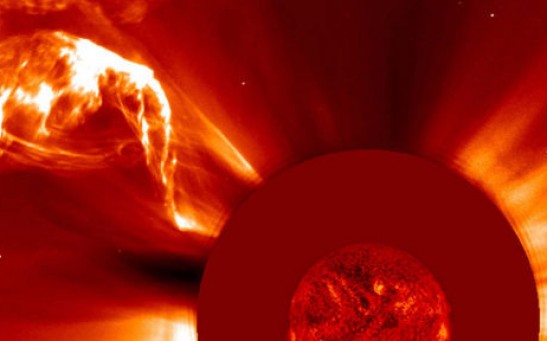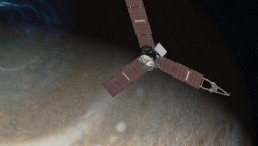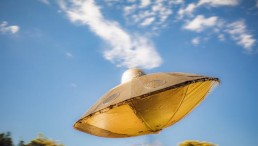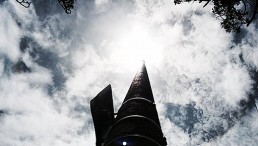astronomy
NASA’s Charles Bolden Discusses Why “Mars Matters”
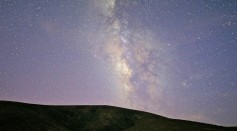
Meteor Shower Rains Bits of Halley’s Comet Down on Earth
SpaceX Preps for Test of Dragon Capsule
Humanity Closer to Mars Than Ever According to NASA
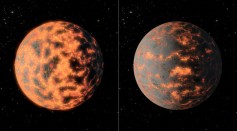
Super Hot, Super Earth Found 40 Light Years Away
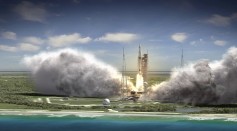
New Name for Space Launching System Could Be On The Way
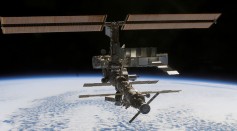
Canada Extends Its Support for the International Space Station
Will Russia Dismantle the ISS?
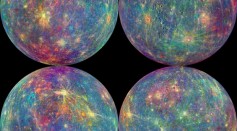
A Fond Farewell to NASA’s MESSENGER
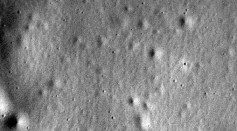
A Final Scene from Mercury—MESSENGER’s Last View
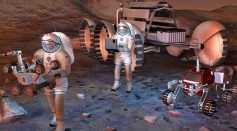
Signed Up to Go to Mars? Better Think Again, While You Have the Chance
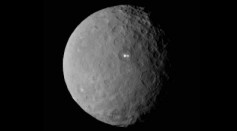
Are Ceres' Bright Spots Signs of Alien Life? NASA Wants You to Weigh In
Local Pacific Palisades NASA Team’s Satellite Technology Saving Lives in Nepal
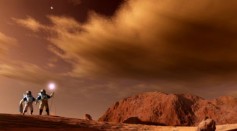
Cosmic Radiation Reveals Devastating Affects on the Brain—What Plans Will This Change for NASA?
Most Popular

What’s Inside the Moon? Lunar Seismic Data Reveals Earth-Like Core

Elon Musk’s AI Prediction About Technology Becoming Smarter Than Humans by the End of 2025 Could Come True, Expert Says

Fastest Things in the Universe: Top 5 Cosmic Phenomena With Immensely High Speed

Global GDP May Shrink by Roughly One-Fifth in 2050 Due to Climate Change Regardless of Aggressive Efforts To Cut Carbon Pollution, Study Finds
![Sat-Nav in Space: Best Route Between Two Worlds Calculated Using 'Knot Theory' [Study]](https://1721181113.rsc.cdn77.org/data/thumbs/full/53194/89/56/50/40/sat-nav-in-space-best-route-between-two-worlds-calculated-using-knot-theory-study.png)
